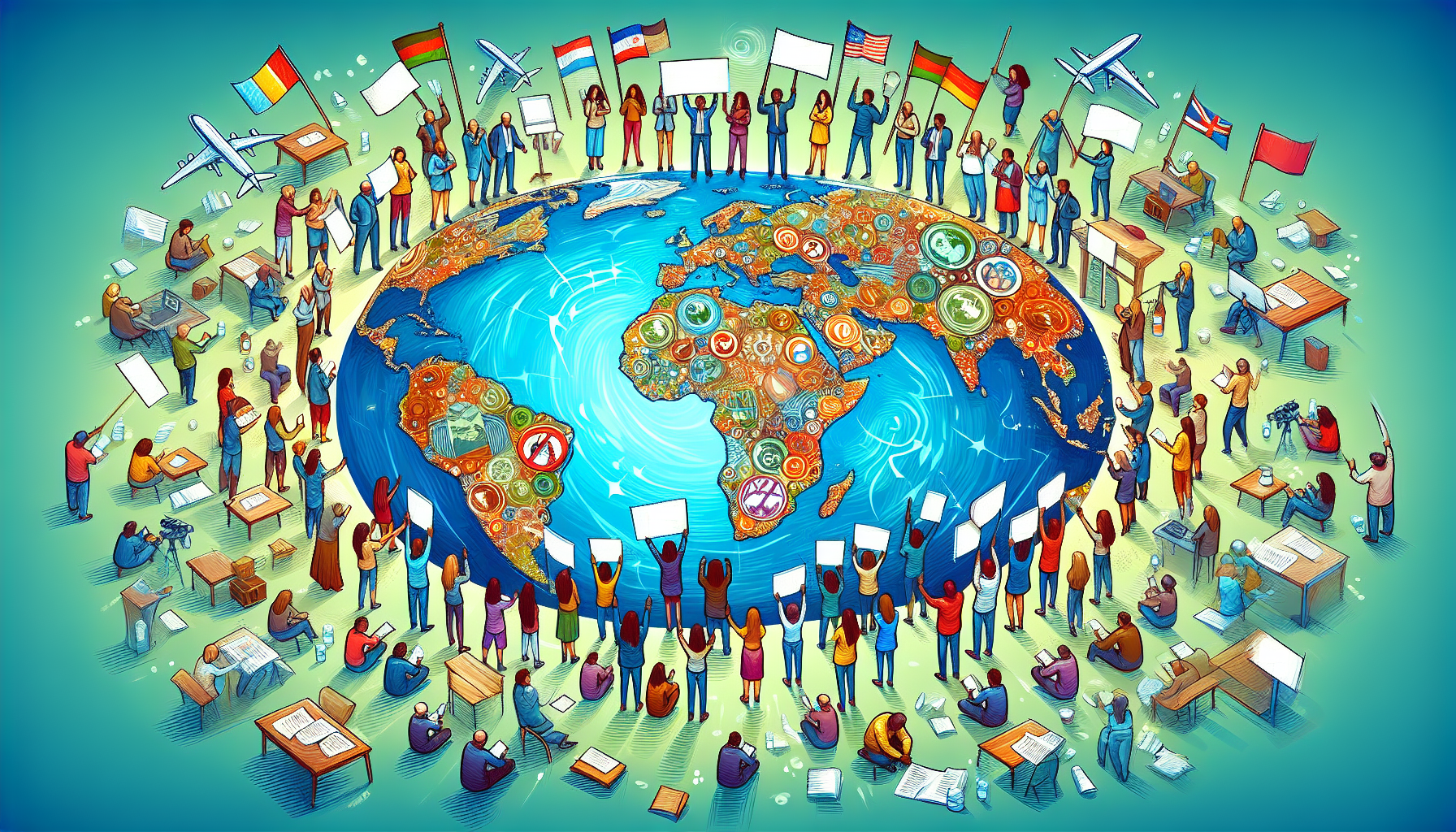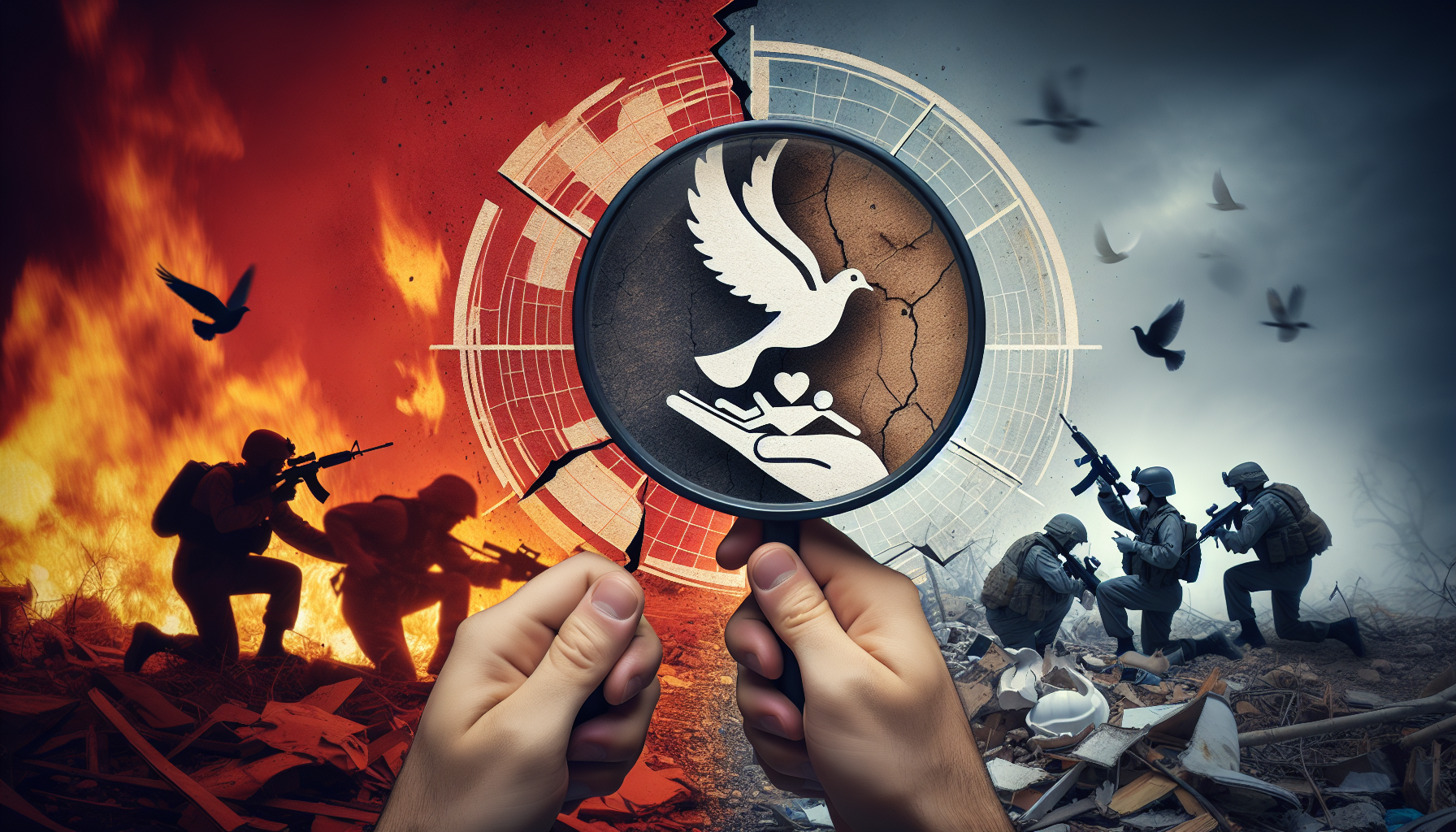Israel-Gaza Conflict: Allegations of Attacks on Rescue Workers Spark Global Outrage
Background of the Incident
In late March, the Palestinian Red Crescent Society (PRCS) reported a disturbing incident in Gaza, alleging that Israeli forces targeted and killed rescue workers attempting to provide medical aid. The PRCS claimed that the attack was deliberate, raising concerns about violations of international humanitarian law. Initially, the Israeli military denied these allegations, but recent reports suggest a shift in their official stance, leading to renewed scrutiny.
Conflicting Narratives: What Really Happened?
The PRCS stated that their teams were clearly marked as medical personnel and were operating under international protections when the alleged attack occurred. Eyewitnesses described airstrikes and gunfire targeting ambulances and first responders. However, the Israeli Defense Forces (IDF) initially dismissed these claims, asserting that their operations were focused solely on military targets linked to Hamas.
Israel’s Revised Statement
Days after the incident, the IDF adjusted its position, acknowledging that an engagement took place but disputing the characterization of the event as an intentional attack on rescuers. Military officials suggested that the area was a combat zone and that any civilian casualties were unintended. This partial retraction has done little to quell international criticism, with human rights organizations demanding an independent investigation.

International Reactions and Legal Implications
The incident has drawn sharp condemnation from global bodies, including the United Nations and the International Committee of the Red Cross (ICRC). Legal experts argue that targeting medical personnel constitutes a war crime under the Geneva Conventions. Meanwhile, pro-Israel advocates maintain that Hamas often exploits humanitarian symbols for military cover, complicating battlefield ethics.
Humanitarian Crisis in Gaza Worsens
This event adds to the growing humanitarian catastrophe in Gaza, where healthcare infrastructure is already on the brink of collapse. Aid groups warn that attacks on medical workers deter humanitarian efforts, leaving thousands without critical care. The PRCS has called for immediate international intervention to safeguard rescue operations.
Media and Propaganda Wars
Both sides have engaged in intense media campaigns to sway public opinion. Pro-Palestinian outlets highlight civilian suffering, while Israeli media emphasizes the threat posed by Hamas. Social media platforms have become battlegrounds for competing narratives, making objective reporting increasingly difficult.
Impact on Ceasefire Negotiations
The controversy comes amid fragile ceasefire talks brokered by Egypt and Qatar. Analysts suggest that such incidents could derail diplomatic progress, hardening positions on both sides. The Biden administration, while reaffirming support for Israel, has privately urged restraint to avoid further escalation.

Conclusion: Market and Geopolitical Ramifications
The evolving situation in Gaza could have significant repercussions in the coming weeks. If investigations confirm deliberate attacks on aid workers, Israel may face increased diplomatic isolation and economic sanctions. Conversely, if Hamas is found to have misused medical symbols, global sympathy for Gaza could wane. Financial markets, particularly in the Middle East, may react to heightened instability, affecting oil prices and regional investments. Investors should monitor developments closely, as prolonged conflict could trigger broader economic disruptions.

